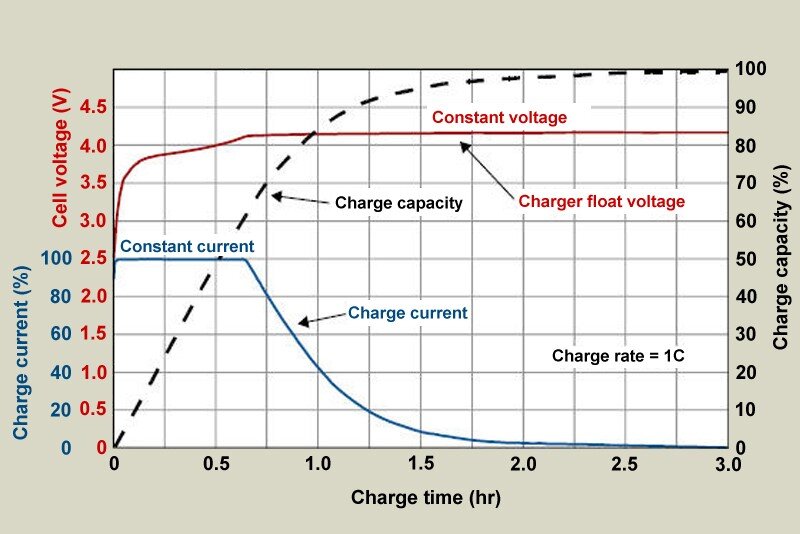- Joined
- Jul 15, 2012
- Messages
- 2,178
Has anyone else been considering replacing their leisure battery or their starter batteries (or both) with Lithium batteries?
I've been taking a close look at these and will probably take the plunge on a minimum of 6 of these in the next 12 months.
https://beta.ev-power.eu/LiFeYPO4-batteries-12V-1-1/
The two biggest advantages of these are the rate at what they charge and how much of the available capacity you can use. For my given case buying 6 20ah batteries would give me a total of 120ah. With nearly all of that usable. At the recommended cut off level these will still read 11v and should still start a cruiser.
Assuming I upgraded my alternator from an 80amp one and that it was able to sustain a steady 14.8v max for charging the batteries could be charged from flat to 80% in one hour and to 95% in one and a half hours. Which I think is pretty impressive. This seems to be much better than anything a lead acid battery can do.
I'm not sure how these do compare with the yellow top optima batteries though as they seem to sit in the middle somewhere of a SLA and lithium batteries. I'm hoping someone can add their experience of these
Is it unreasonable to expect the steady voltage out of an alternator to fully charge these at 80% of the alternators capacity?
Charge graph from http://batteryuniversity.com/learn/article/charging_lithium_ion_batteries

I've been taking a close look at these and will probably take the plunge on a minimum of 6 of these in the next 12 months.
https://beta.ev-power.eu/LiFeYPO4-batteries-12V-1-1/
The two biggest advantages of these are the rate at what they charge and how much of the available capacity you can use. For my given case buying 6 20ah batteries would give me a total of 120ah. With nearly all of that usable. At the recommended cut off level these will still read 11v and should still start a cruiser.
Assuming I upgraded my alternator from an 80amp one and that it was able to sustain a steady 14.8v max for charging the batteries could be charged from flat to 80% in one hour and to 95% in one and a half hours. Which I think is pretty impressive. This seems to be much better than anything a lead acid battery can do.
I'm not sure how these do compare with the yellow top optima batteries though as they seem to sit in the middle somewhere of a SLA and lithium batteries. I'm hoping someone can add their experience of these
Is it unreasonable to expect the steady voltage out of an alternator to fully charge these at 80% of the alternators capacity?
Charge graph from http://batteryuniversity.com/learn/article/charging_lithium_ion_batteries





